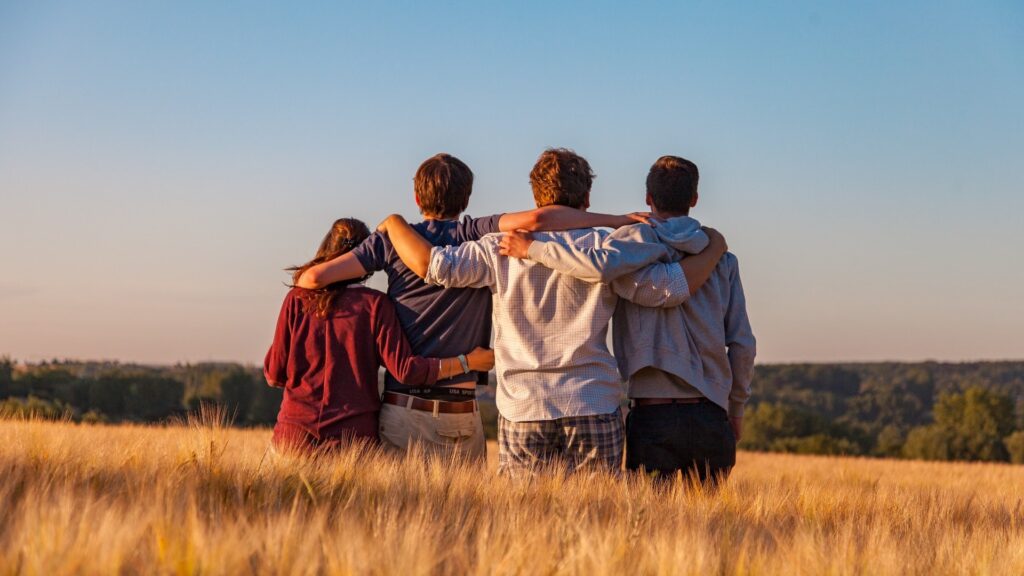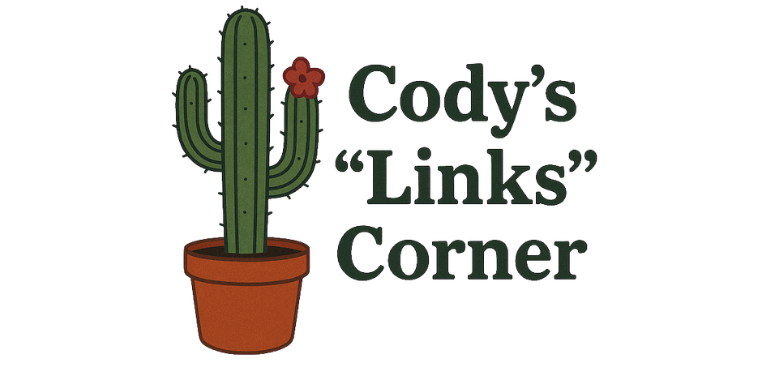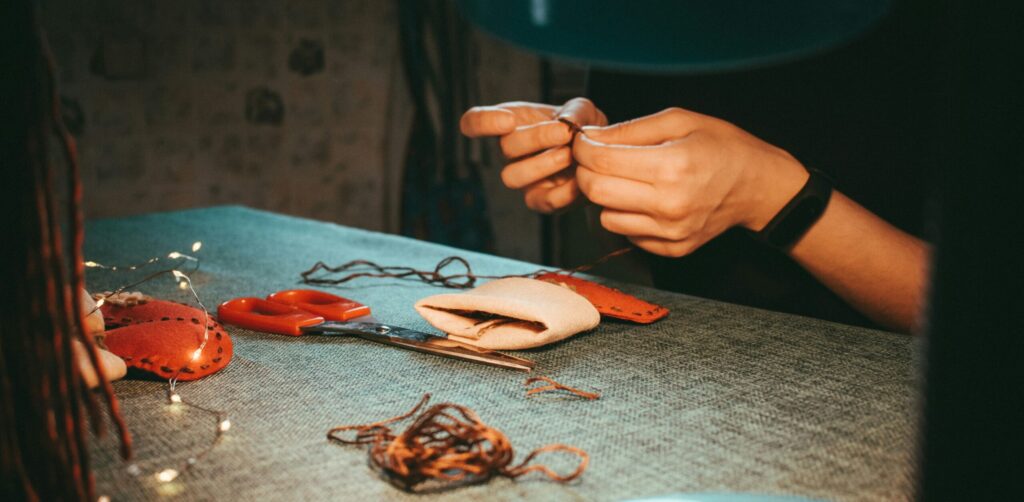Being a caregiver to my mother was a life changing experience for me. Two months after she passed, to the day, I was diagnosed with cancer myself. Being a caregiver as a young adult and then becoming a young adult cancer survivor was like a death by a thousand paper cuts. All of a sudden, I felt so much of who I was shift. At the time, I couldn’t put words to the disconnect I was feeling between my pre-cancer life and my post-cancer life. I had gone from being able to work constantly and live my life courageously and carefree to feeling constantly anxious and fatigued. I went from feeling excited to get married and have a family to wondering if I’d survive long enough to see either of those futures. I went from feeling connected and in line with my peer group to feeling left behind, out of sync… totally isolated.
Each little shift, little change, all on its own, didn’t seem like much. But add them all together. All of a sudden, I was no longer the person I had been. I couldn’t connect with my friends the way I had before. I couldn’t do my job the way I had before. I couldn’t think about my future the way I had before. I felt like my whole world was slipping out from under me, like I was dying from a thousand small uncertainties and changes that were out of my control.
Where I was living, there were no places to find support from others who understood. I had no one who could relate to facing cancer as a 24-year-old. There were support organizations around the country, but none within 100 miles. There were survivorship conferences and camps, but nothing offered anytime soon. At the time I tried with all my might to overcome these intense feelings of isolation, but I had no place to go.
Now there is scientific research showing that the young adult cancer population, aged 18-39, is the most isolated age-group who experiences cancer, and that this isolation is linked to all sorts of quality of life issues. It affects survival rates, reintegration into normal life, and a host of other things. There is data showing that surviving cancer is not enough, we must also be helped to thrive. There is data showing that survival is insufficient.
When I left graduate school, I decided to spend some time connecting to other young adults who had faced cancer. I started a blog, and over a period of a year and a half, had hundreds of conversations with young adult cancer survivors from all over the world. We all had 3 things in common: we wanted to be connected to one another, we wanted our concerns to be validated, and we needed a safe space to sort out this new life during and after cancer.
It didn’t matter where the young adult was diagnosed or treated or what type of cancer they had, these three pain points came up again and again in my conversations. From these chats, Lacuna Loft (now named Cactus Cancer Society) was born. I started a board and we started to grow programs, little by little. It was always at the forefront of our mission to offer a supportive place for young adult cancer survivors and caregivers to come, regardless of where they lived, and connect with one another, sharing tips and offering a shoulder to lean on.
Lacuna Loft (now named Cactus Cancer Society) saved my life. I met young adult cancer survivors who were experiencing the same anxieties, the same feelings of isolation, the same hesitation about the future. They made me feel sane again at a time when my whole world and perspective were turning themselves upside down.
After finally meeting other young adults facing cancer, after finally breaking down my own barriers of isolation, I created exactly what I needed: a connection to young adult cancer survivors who could validate one another’s concerns, fuel one another’s passions for life, and support one another through their biggest transformation yet, becoming a survivor.
Survival is insufficient. Together, we created a place where everyone understands that it isn’t enough to survive cancer, we must also be helped to thrive.
This piece was originally published by Elephants and Tea, and was written by our very own Mallory Casperson. All of the posts written for Elephants and Tea are contributed by patients, survivors, caregivers, and loved ones dealing with cancer.








